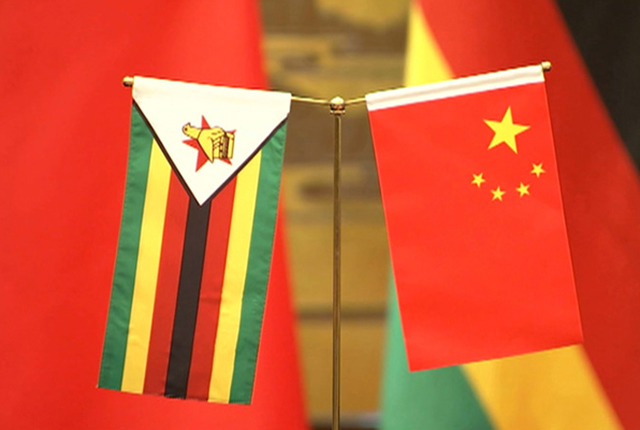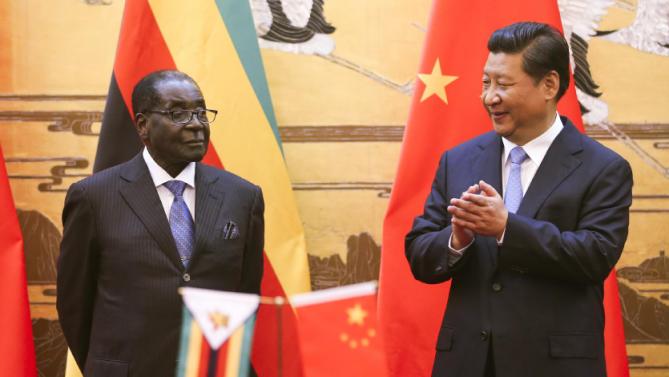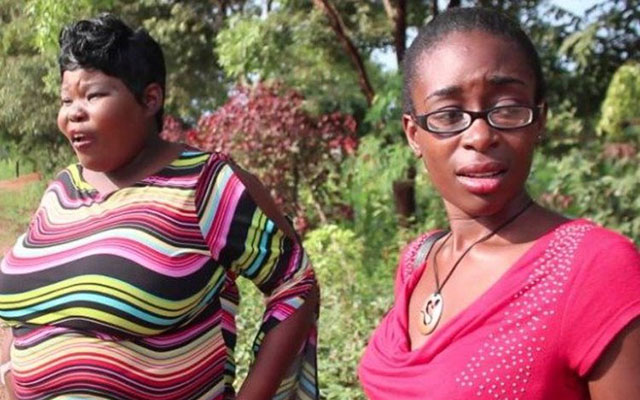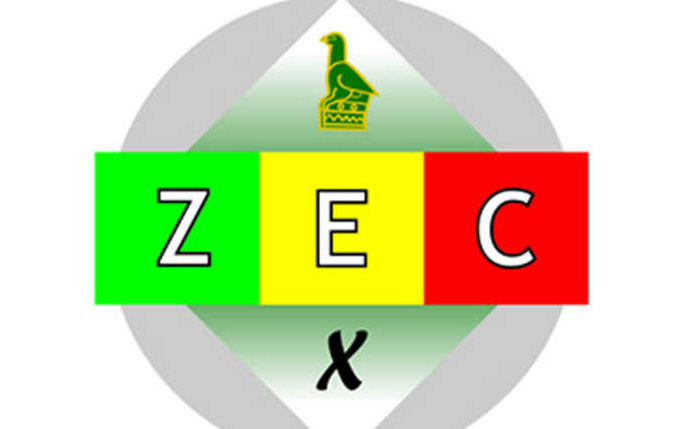Being online will not guarantee emancipation
Delta Milayo Ndou #Digital dialogue
A researcher recently sent me questions in which they sought my views on how online media has empowered Zimbabwean women and had the question been posed to me several years ago, I might have waxed lyrical about the emancipatory power of the Internet. Now, I know better. I would be glad, in another article and at another time to address the question of how online media has empowered Zimbabwean women because there are many instances in which it has.
But as someone who spends a great deal of time on the micro-blogging site — Twitter — I am now rather circumspect about the “freeness” one can enjoy in such spaces. Using Twitter, particular Zwitter (i.e Zimbabwean Twitter) as a case in point, I have come to the conclusion that the mere presence of women in online spaces does not constitute emancipation unless they can exercise agency and use those spaces to assert themselves.
Having noted that the same chauvinistic attitudes women encounter offline tend to be replicated online in the form of cyberbullying, slut shaming or trolling, I am of the view that manifestations of offline aggression towards women is evident in online interactions.
The displays of sexism, misogyny and chauvinism are like weaponry wielded to silence women and “put them in their place”. For all the good that Internet access can do and has done for women and their causes, the reality is online spaces can provide more opportunities for violations to go unpunished as anonymity and pseudonymity affords cyberbullies impunity whilst toxic masculinity flourishes.
Instances of women being slut-shamed in discussions pertaining to socio-economic, civic issues and political participation that obtain offline tend to be mirrored and perhaps more amplified in online spaces with far more damaging consequences for victims whose digital footprints will forever be tainted by malicious smears because “the Internet never forgets”.
The fear of being shamed, of being made an object of ridicule still holds back many women who would rather not draw attention to themselves or express views that might attract backlash, hence many of them steer towards “light” topics.
The Internet, as I have maintained in previous articles, is just a tool, hence its power to transform the status quo lies in the ability of those who choose to wield it.
However, the Internet as a tool is only available to those that can afford data, to those that can afford the gadgets to access the web and to those who have the digital literacy to navigate online platforms.
Can there be solidarity without consensus?
The African Declaration on Internet Rights and Freedoms mentions gender equality as one of its key principles, insisting that the creation and promotion of online content that reflects women’s voices and needs, and promotes and supports women’s rights, should be encouraged.
I’m uncertain as to what form such encouragement would take or what mechanisms could be put in place to ensure the active and equal participation of women in online discourses given that online spaces often mirror the inequality that women generally face in society.
The situation is not helped, in my view, by the fact that women’s voices are so disparate online because their lived experiences offline are similarly disparate.
Online platforms are spaces where like minds converge and where contrary minds clash. Sometimes these clashes amplify stereotypes of women hating each other because of the assumption that women have a default “sisterhood”, therefore they should demonstrate solidarity by uncritically supporting each other’s views.
From various Twitter conversations I have observed — there is no consensus amongst women on emotive topics such as abortion, submission in marriage, victim blaming, single motherhood, feminism and whether or not men are trash.
I raise this observation to make the point that it is not always the case that women will leap to the defence of another woman when male chauvinists troll them.
In different forums on online security, I have heard suggestions that women can protect themselves online by “sticking up” for one another against cyberbullies, but I have noted that many women are reluctant to place themselves in the cross hairs of trolls in defence of a “ sister”, even when they happen to hold the very same views for which the other “sister” is being trolled.
In some disheartening instances, one finds that there’ll be women who gleefully retweet or share and distribute vitriolic content that demeans another woman, so the whole concept of being “your sister’s keeper” online falls away.
So not only will the Internet not emancipate you, it will likely make you easier prey for cyberbullies especially because the “bystander effect” is so powerful online.
Perhaps if solidarity was understood, not so much as being always in agreement with one another but as always, defending the right to respectfully differ, it could be a premise to rally women online around claiming their space, protecting one another and closing rank in the face of trolls.
Bystander apathy in online spaces
One explanation for why people will prefer to ignore the cyberbullying of another user is “the bystander effect” which occurs when the presence of others hinders an individual from intervening in a situation assuming that “others” will “do something” about it.
More often than not, no one does anything about challenging a cyberbully for fear of being victimised themselves or simply out of sheer relief that they are not on the receiving end. For women especially, being online does not guarantee emancipation and oftentimes having an online presence can actually lead to victimisation.
Depending on who you are, on how you look, on the views you express or even on where you work — women are easy prey for trolls and the would-be “sisterhood” are at best apathetic bystanders or at worse actively egging on your tormentors by way of retweets and “lol” responses that serve to fuel the victimisation.
Women do not have to think alike; they do not have to like each other to stand by a common goal of ensuring that they actively call out trolls rather than be mere smirking bystanders basking in some ill-conceived schadenfreude because the barbs are not aimed at them.
I fear that my perspective sounds prescriptive but I dare any woman to take offence at the proposal that we, as women, stop encouraging trolls to hurt us online because if we allow slut shaming (for instance) to be a ready weapon for cyberbullies, eventually we shall each find ourselves at the receiving end of that form of derogatory treatment.
The recommendation from the African Declaration on Internet Rights and Freedoms is that women should be empowered to act against gender inequality replicated on the Internet, including by using tools enabling collective monitoring of various forms of inequality, individualised tools that allow them to track and limit the availability of personal information about them online (including public sources of data), and improved usability for anonymity and pseudonymity-protecting tools. While I agree wholly with this recommendation, I am of the view that sometimes protecting ourselves starts with doing the basics — like simply sticking together on matters of principle.
We have the right to despise each other as women (or indeed as human beings) if we feel so inclined but perhaps we should always choose to subordinate such loathing when confronted with bigger enemies in the form of cyberbullies and trolls.
Otherwise, these online spaces shall become spaces where we are wounded rather than liberated.
Delta is Head of Digital at Zimpapers. Follow her on Twitter: @deltandou










Comments